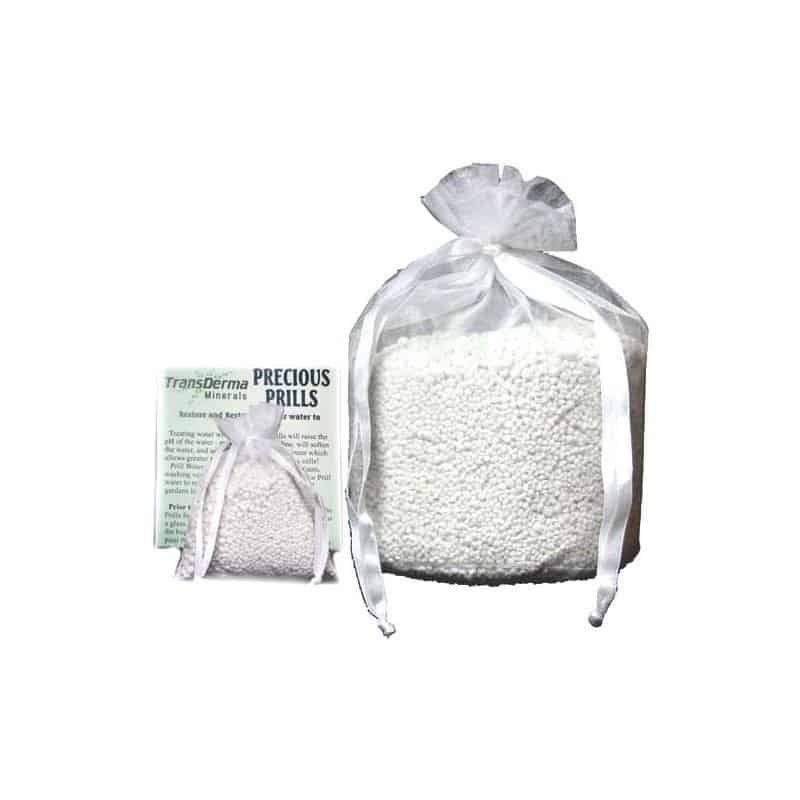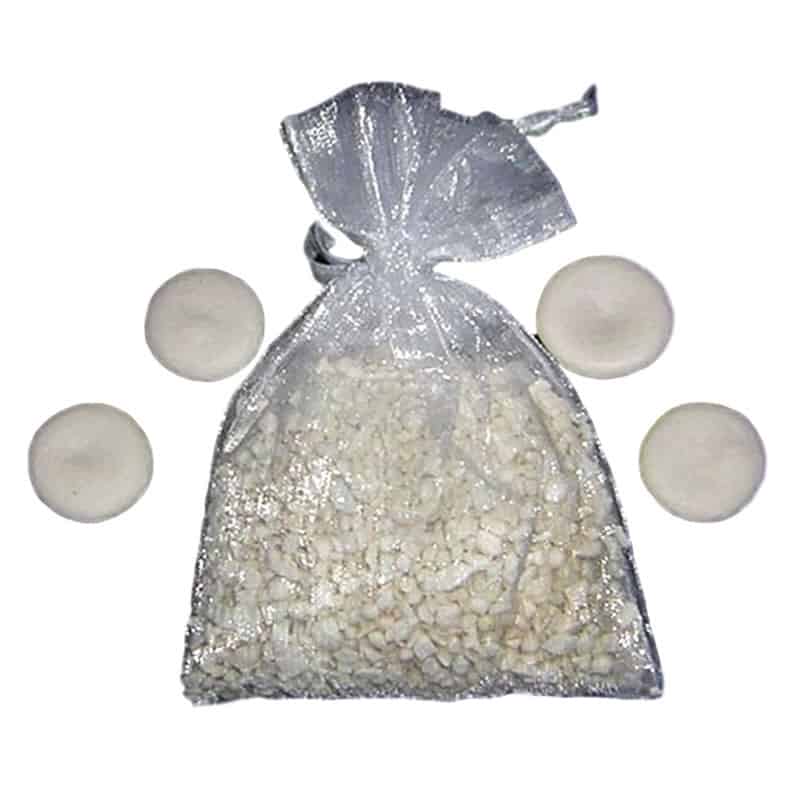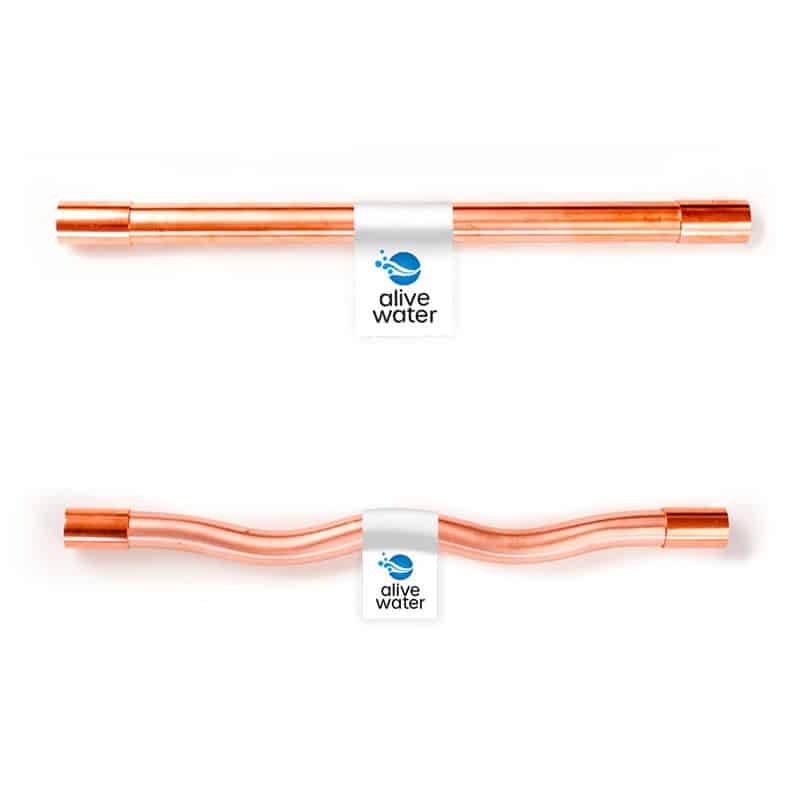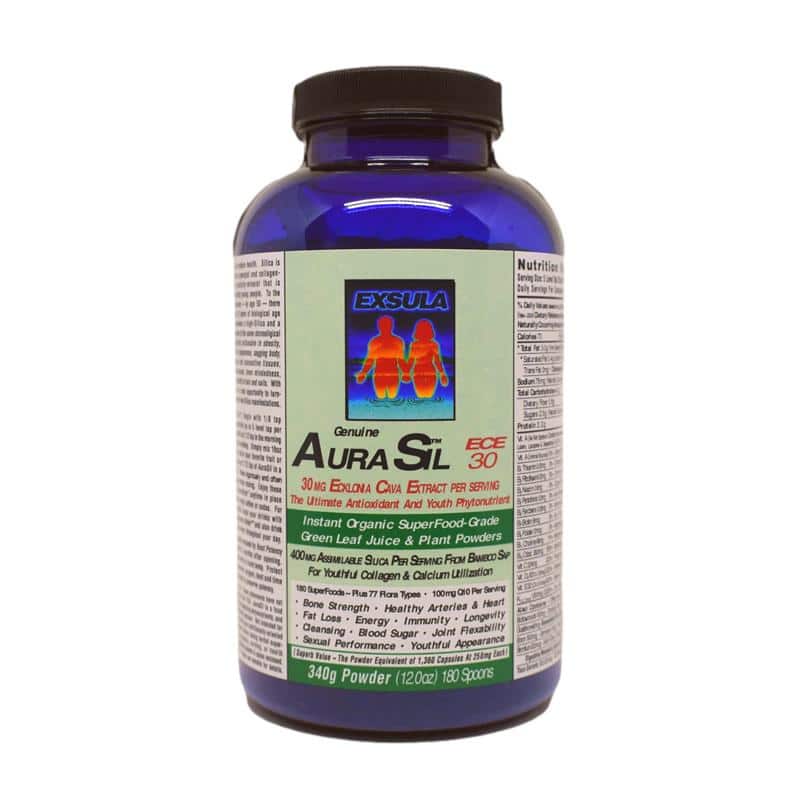No products in the cart.
Podcast: Play in new window | Download
Subscribe: Apple Podcasts | Google Podcasts | Amazon Music | Email | RSS
Podcast 073: Year-round Food on One City Lot
The Dervaes family runs Path to Freedom, an urban homesteading project, in Pasadena. Since the 1980s, the family has transformed their city lot into an organic permaculture garden. The yard features more than 350 varieties of plants which are either edible or used for other purposes. The garden supplies the family with their food year round.
The family sells some of their greens to local restaurants. Doing this gives them money to purchase solar panels and energy efficient appliances. The solar panels provide their home with power, and they use a solar oven to cook food on sunny days.
(Note: news segment mistakenly mentions the goats were producing milk. They ARE dairy goats and can produce milk, but like all mammals, they only lactate when nursing babies. They have not bred the goats yet.)
Click here to visit their website “Path to Freedom Urban Homestead
Or click here to learn from the video.
Podcast 073: Year-round Food on One City Lot
This is the Life Enthusiast co-op podcast Restoring Vitality to You and to the Planet. Let’s join our host Scott Paton and Martin Pytela now.
Scott: Welcome back everybody you’re listening to the life enthusiast co-op pod cast restoring vitality to you and to the planet. I’m your co-host Scott Paton along with Martin Pytela and today’s episode is a very exciting one for me because we have some great information that Martin and I discussed before we came on the air and I’m very excited about what we are about to present to you and I hope you are too. Hey Martin, how are you today?
Martin: It’s a wonderful day, middle of the summer here, blue sky, hot weather, and I am stuck indoors recording a podcast.
Scott: We are insane aren’t we?
Martin: Pretty much but what the heck we have a message to share with people and I do think today’s message is important and folks we need to grow food ourselves and we need essentially commit the act of liberation because when you grow your own food you are becoming independent.
Scott: This one is all about freedom and it all started with a YouTube video that Martin shared with me and you know Martin it is absolutely amazing that we have come to a place that the most radical thing that we can do to protest the things that are going on and thumb our noses at the establishment for those of us who remember the hippie days 50’s, 60’s and 70’s is to grow your own food? How can that be?
Martin: It’s funny, but look at it differently we really have an enormous power collectively and the way we exercise it as a consumer individually by how we spend our dollars, I mean there is an enormous power in your wallet and how you vote with those dollars makes a huge difference so if you’re doing whatever your television is advertising and your shopping for that than you are simply following that which is controlling you. This family in Pasadena that we watched on this Youtube video has done something very different; they have decided to convert their urban lot a fifth of an acre into a working farm.
Scott: That is absolutely amazing.
Martin: I’m sure it didn’t take over night; they showed that they started with an ordinary home on an ordinary city lot, a fifth of an acre, and yet today they manage to get over 6000 pounds of produce off of it every year.
Scott: They were saying they have a tenth of an acre so I have no idea how big this space is but I don’t think it’s very big.
Martin: A fifth of an acre.
Scott: A fifth of an acre and six thousand pounds of fruits and vegetables.
Martin: And since they are in Pasadena they can grow close to year round and they have everything there, they have fruit trees, vegetables, they have chickens and goats and not only do they supply themselves but they sell the excess in the height of the season to restaurants so they have some cash coming off of it.
Scott: What they were saying of course as you would assume they live a vegetarian diet and 80% of their vegetarian diet is supplied by their own farm in the summer and its 50% in the winter so basically take an average of that at 65% and take your annual food bill which is 5 or 6 hundred dollars a week and times that by 65% and that’s the saving that you would be making and that’s just a phenomenal amount.
Martin: It is actually bigger than that because you buy your food with after tax dollars so multiply that by our tax bracket.
Scott: And think of how much time you save because you are no longer spending hours in the grocery store, driving in traffic to the grocery store, your car burning gas on the way to and from the grocery store and it just goes on and on. The funny thing too for me was did their place not look absolutely stunning and gorgeous?
Martin: It was a paradise.
Scott: I mean there was the Garden of Eden in the middle of Pasadena between two major freeways.
Martin: The thing that impacted me a lot was this TV reporter sitting at the table and just gushing over this salad and how good it was and this salad was picked about fifteen minutes earlier and it traveled about twenty feet to the table and the gazebo from the garden.
Scott: It actually really reminded me of many years ago I lived up in Prince Rupert which is a very small 13,000 person city just south of the Alaska panhandle in British Columbia and when I was there one of the people I knew there liked to fish, and he took took me fishing and we caught a salmon, a halibut, a snapper, a cod and some crab and I barbecued up the salmon, the cod and the halibut and whatever the other one was and he cooked up the crab and as we were eating it I was saying this is quite amazing and this food is all – we were consuming it within four hours of when we caught it – and it was an absolutely delicious, amazing meal. I think sometimes we forget and I came down to Vancouver and I brought some of the salmon down and we didn’t quite have enough for his family and myself so he went to the local grocery store to pick up some salmon there and we looked at the salmon steak that I brought and it was twice the size of your hand when you laid it flat and then we looked at the one he got from the grocery store and it was about the size of your thumb to your wrist and he said oh this is like puny and it’s amazing what we can get in the grocery store compared to what we can get ourselves when we go out into nature.
Martin: Now we know the ideal and absolutely I will tell anybody if you can grow your own food or if you can catch or hunt or raise your own food, absolutely it’s the best you can. The second best choice will be talk to your local farmer and get it from your farmers markets and make sure the food hasn’t traveled too long in the freezer or has not been a fridge too long because fresh is great. Then the next choice would be organic preserved so we are getting down the hill. The next best choice would be frozen because you can’t grow especially in the colder climates you can’t grow vegetables all year round so you are going to have to somehow either have it brought in from the warm places or have it preserved and than your next best choice is super foods we make, because we have this special produce freshly preserved and dried. Dried is a very amazing way of preserving things because it preserves all of the enzymes and all of the nutrients and it stays stable for a very long time and that’s why the Exsula super foods are so powerful they actually do pack a lot of the nutrients with out spoiling.
Scott: And when the body gets the nutrients it wants people find they’re cravings drop, their energy levels go up, their skin is nicer all sorts of good things happen, sleep better at night.
Martin: Absolutely eating healthy foods is important and it’s easy, it’s not just easy it’s desirable. I know a lot of people who live the fast food lives they don’t realize just how sick they are getting. They are getting tired, depressed, worn out and their completion is pasty and you can see the unhealthy person compared to the healthy person. Actually two days ago I bicycled to the health food store to buy myself some stuff and in front of me there is this fellow, with beautiful cheeks, with ruddy face, you can just see the health on him, and he is putting in his back pack piles of this green stuff and he is holding a bouquet of green parsley and he’s got kale and who knows what else he is putting away and the cashier looks at me and says I’m not that healthy, as if she was like I’m not that crazy but I look at her and say look at him, look at his beauty, he’s radiant, he’s and a lot healthier looking than yourself.
Scott: there is a cause and effect and we don’t always realize it. Getting back to this family in Pasadena we are going to be putting the video on our podcast page and you want to see exactly what is happening right from the goats mouth or chickens mouth it’s all there head over to LifeEnthusiast.podomatic.com and I thought one of the things they said was very interesting was they started to put solar panels up on their house and when you think about it in places like California, Texas and even Florida where they get so much sun, Nevada, Arizona, New Mexico it just seems to make sense to do something like that and he said we didn’t know how to do it and we were ignorant about this and a lot of hard work and he said when you do something like put solar panels up it helps to get rid or negativity and he said he didn’t believe he could do it in the beginning but he went out on a limb and said I’m going to try and put it all up and follow the directions and now of course they are not paying a lot for the power that they are using in their homes not only did they cut down on the power they are using in their homes but they don’t use a lot of power and they are also getting power from the sun. They showed a shot of them grinding their wheat for their bread and it’s not an electric grinder it’s a person on the bike and of course we look at biking as a good exercise but wouldn’t it be cool to bike for twenty minutes and when you’re done you have fresh ground wheat that you can bake and turn into an amazing loaf of bread instead of the white stuff that isn’t really bread if you know what bread really is and they just asked a question what can I do and that’s something all our listeners should ask themselves, what can I do? What’s one little thing I can do whether its plant some tomatoes and carrots in the garden and start growing that and as we do it and become more comfortable with it we do more of it. I’m looking at a corner of my back yard and I am thinking you know what I’m going to turn this into a garden.
Martin: Yeah in your climate you could easily turn it into beans, green beans are wonderful and it could turn it into who knows what else.
Scott: I want carrots and I love tomatoes and my dad where he lives is basically on a rock and where he lives he has spent the last 15 years turning it into a garden and he has composted it and reworked it and now he has a nice base of soil and the tomatoes that he grows are amazing and it just makes the tomatoes you get out of the store taste like cardboard to me. See that’s one thing we’ve been so conditioned and I think you have talked about this many times Martin to just except what we get out of the grocery stores we don’t really realize what food is supposed to taste like anymore.
Martin: well again if we were voting with our dollars correctly to get the stuff we want and instead we get the cheap as opposed to the right, anyway what I wanted to mention was I had the chat with a fellow who was buying the Precious Prills from us and he was sharing with me that his steak house tomatoes before the Prill water they were a pound and a bit, and now they are one and a half to two pounds in size so you know there is a pitch for watering with the Prill water.
Scott: It makes a difference what we put on the soil for sure.
Martin: And growing your own vegetables, that’s what I want to do. So which one of you wants to sign up as a farmer?
Scott: What I thought was interesting was they took what they had and turned it into a very efficient micro farm, like they took their home and turned it into a homestead, they created a supper productive micro farm and in central Pasadena it’s also like a wildlife sanctuary and an alternative energy outpost and a waste recovery site and they have put together this simple lifestyle and they have good food and I’m sure that they still have a lot of the everyday worries that everyone else has but they know exactly what they are doing and they are learning and they are growing and what could be better than that?
Martin: I was actually on the phone with a friend of mine not long ago and he was going off the grid and he bought a piece of land away from the city, off the grid. There was no sewer, no electricity, no nothing. So he was installing the solar panels and a small wind turbine and he was explaining to me that he was installing dual wiring in the house, he’s using the wiring used in automobiles because all of his lighting is going to be on the twelve volt lines and he is going to be using diodes and the headlights from automobiles for his lighting system and he’s set up for RV’s, for motor homes, all those appliances. He is able to store power in discarded automotive batteries to bank together and ready to do it. Solar panel and a bit of wind and you can do it and you can have a refrigerator running off of a twelve volt system.
Scott: It’s just a matter of taking the time to learn.
Martin: And actually the information is readily available on the internet now, ten years ago you couldn’t do it, these days there is a forum for everything. I’m reading emails from a forum called staying alive which is like a survivalist camp and they are writing about solar ovens and about well systems and water systems and how to filter water and how to grow food and how to set up tomatoes so they yield ten times as much as what you’d expect.
Scott: People are talking about it.
Martin: Yes there is information out there for anyone who wants to do it.
Scott: Great I think we sort of said what we wanted to say in this particular episode, is there anything you would like to say Martin before we sign off?
Martin: No, I would like to say we all need to become political, we all need to vote and the best voting you do is with your wallet, spend your money because whatever you support that is what you will grow. If you want more illness you will buy pharmaceuticals if you want more bad health than you buy fast food.
Scott: Dead food.
Martin: Anyway folks this is Life Enthusiast co-op restoring vitality to you and to the planet, thank you very much. You can reach us at www.Life-Enthusiast.com or 1-866-543-3388 or LifeEnthusiast.podomatic.com for these recordings. Thank you very much for listening.
Scott: Bye-Bye








